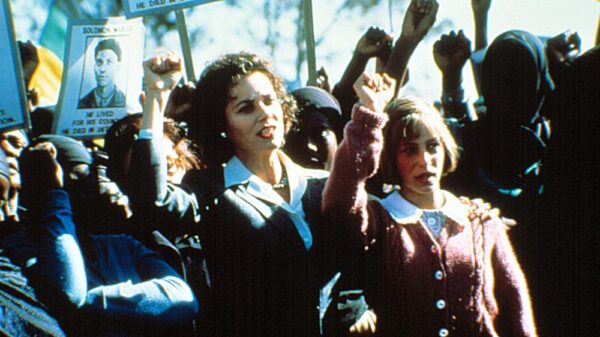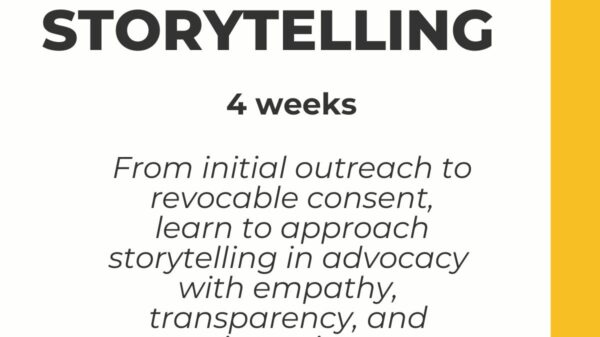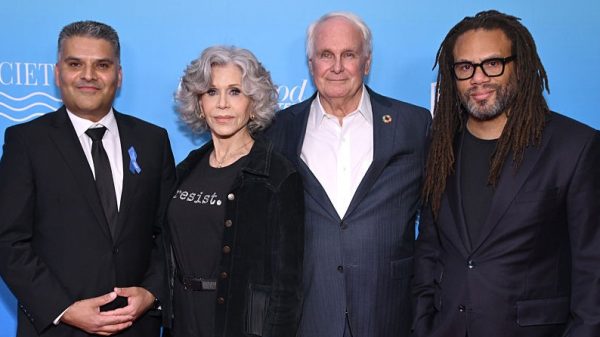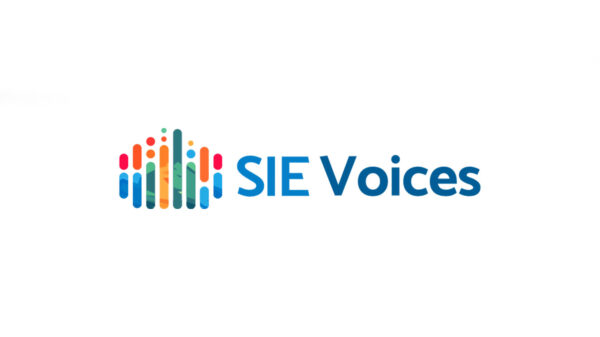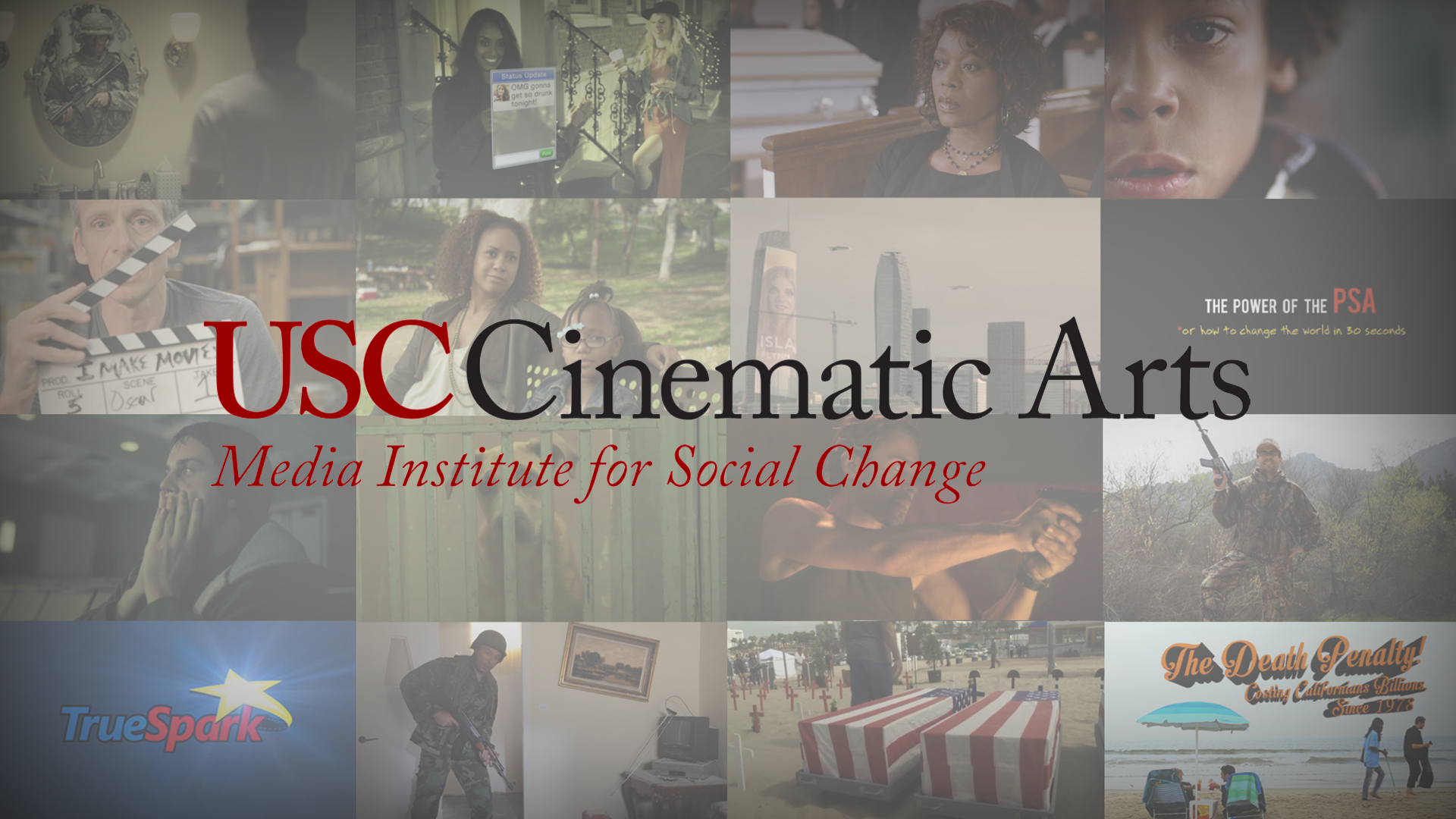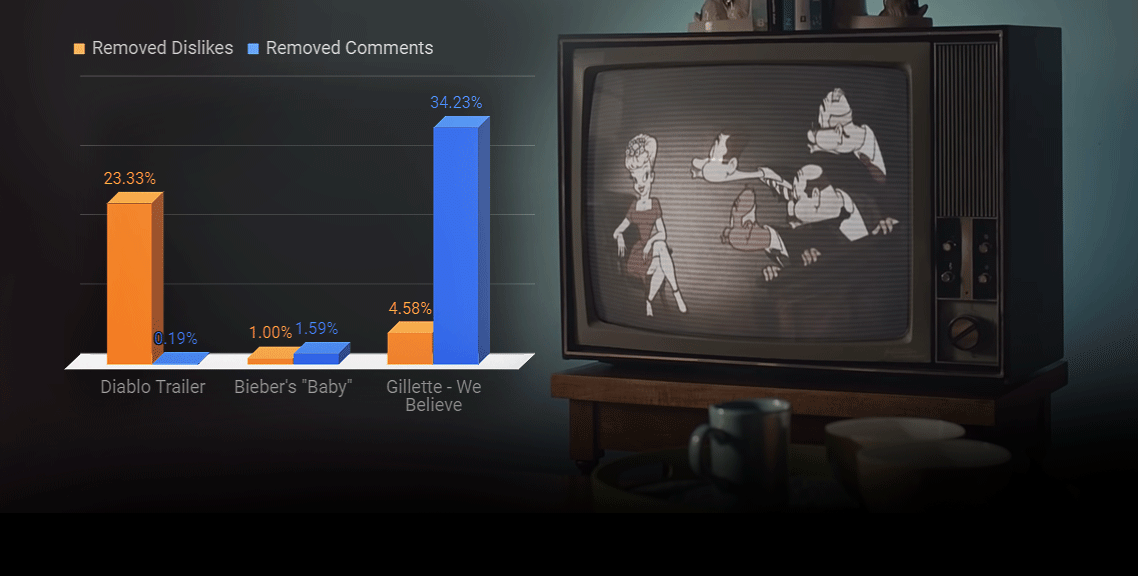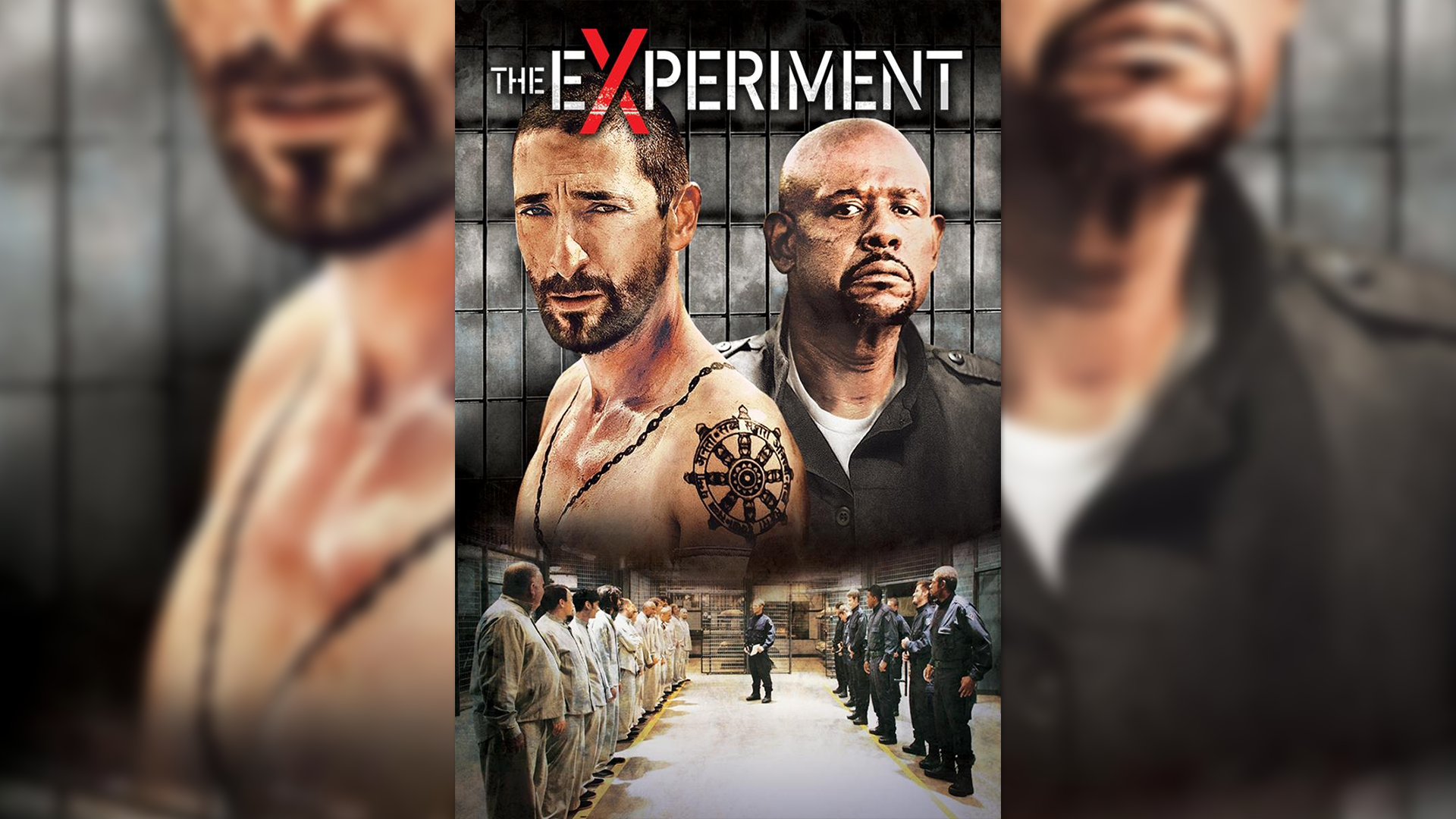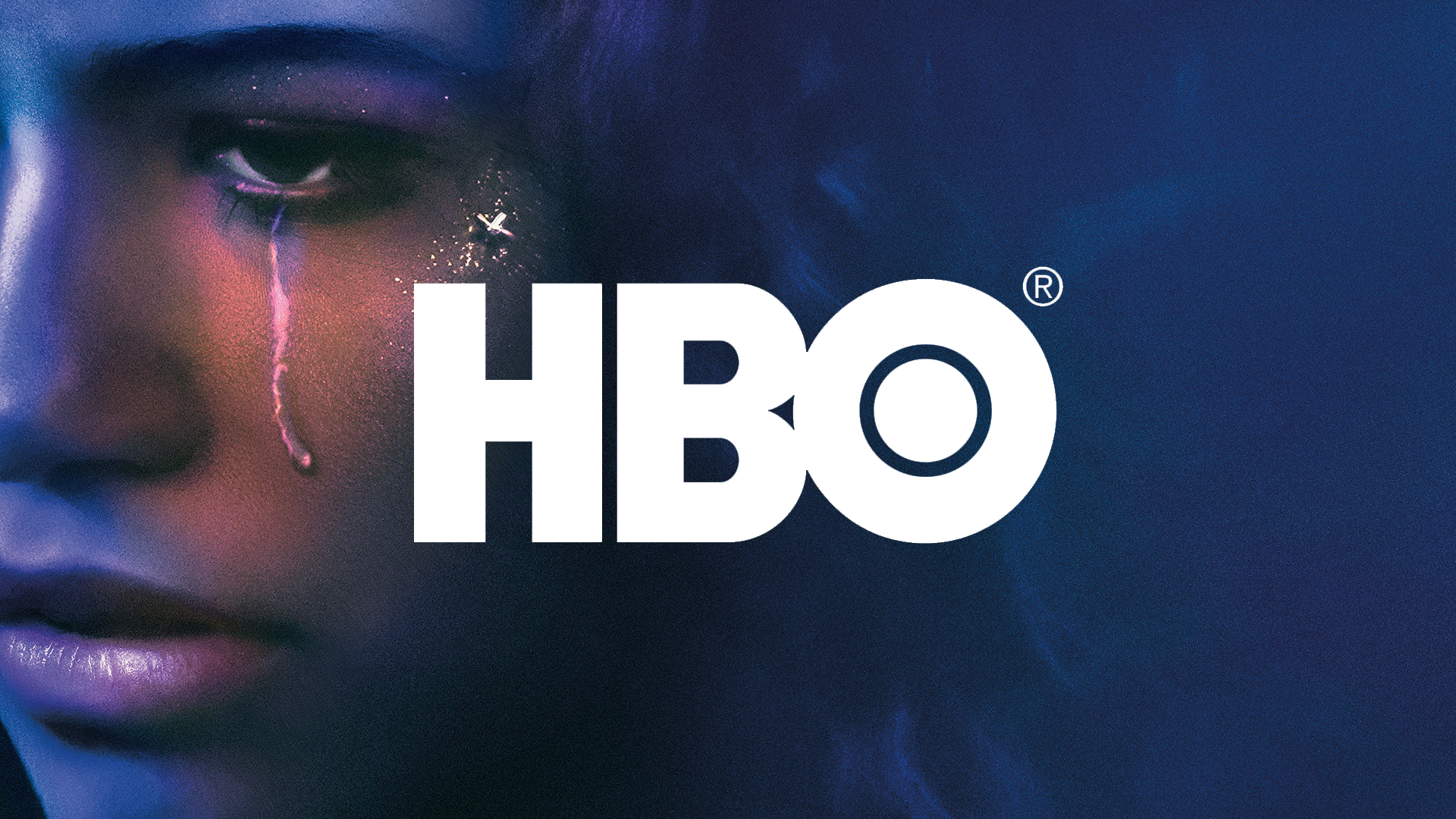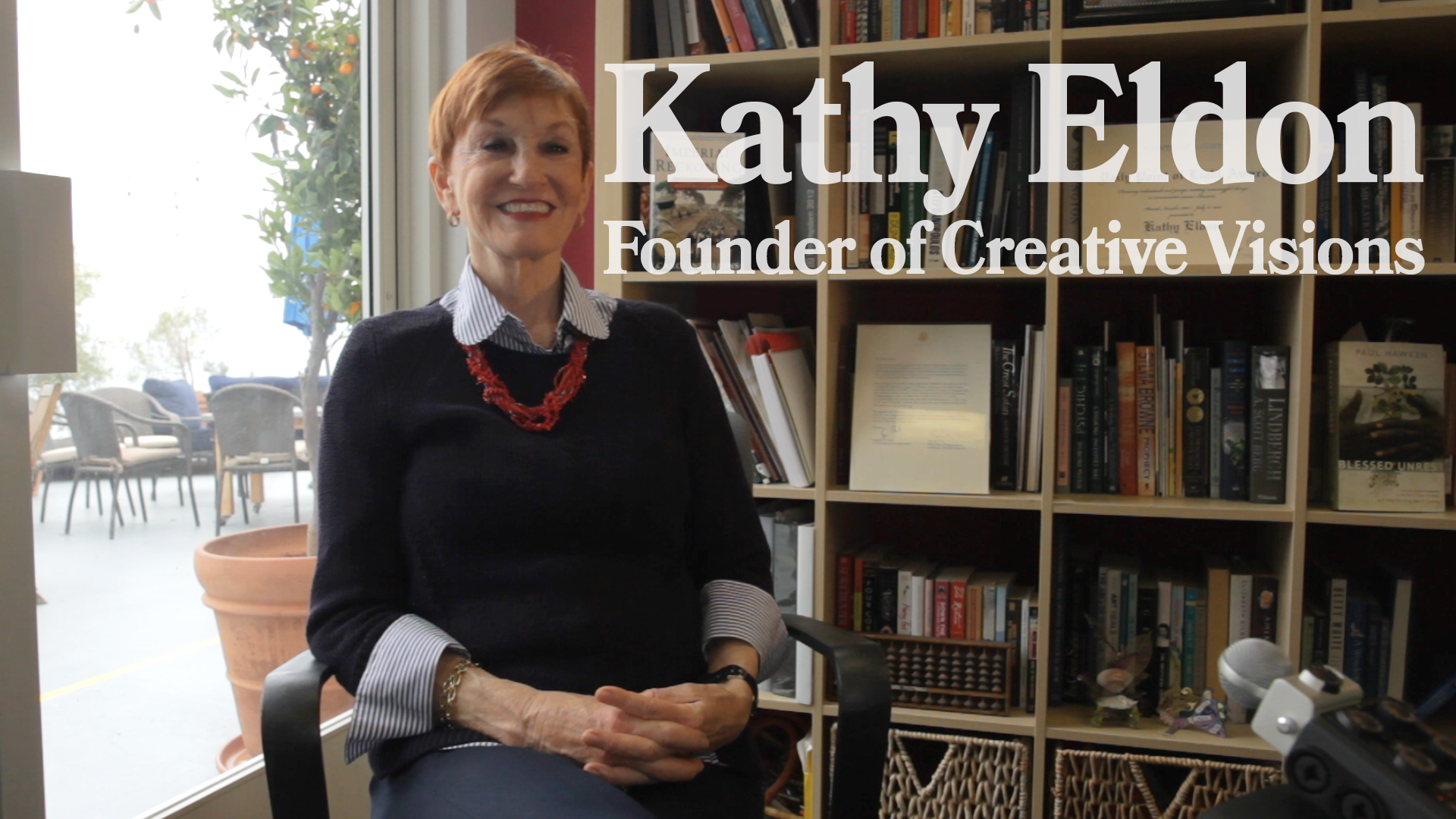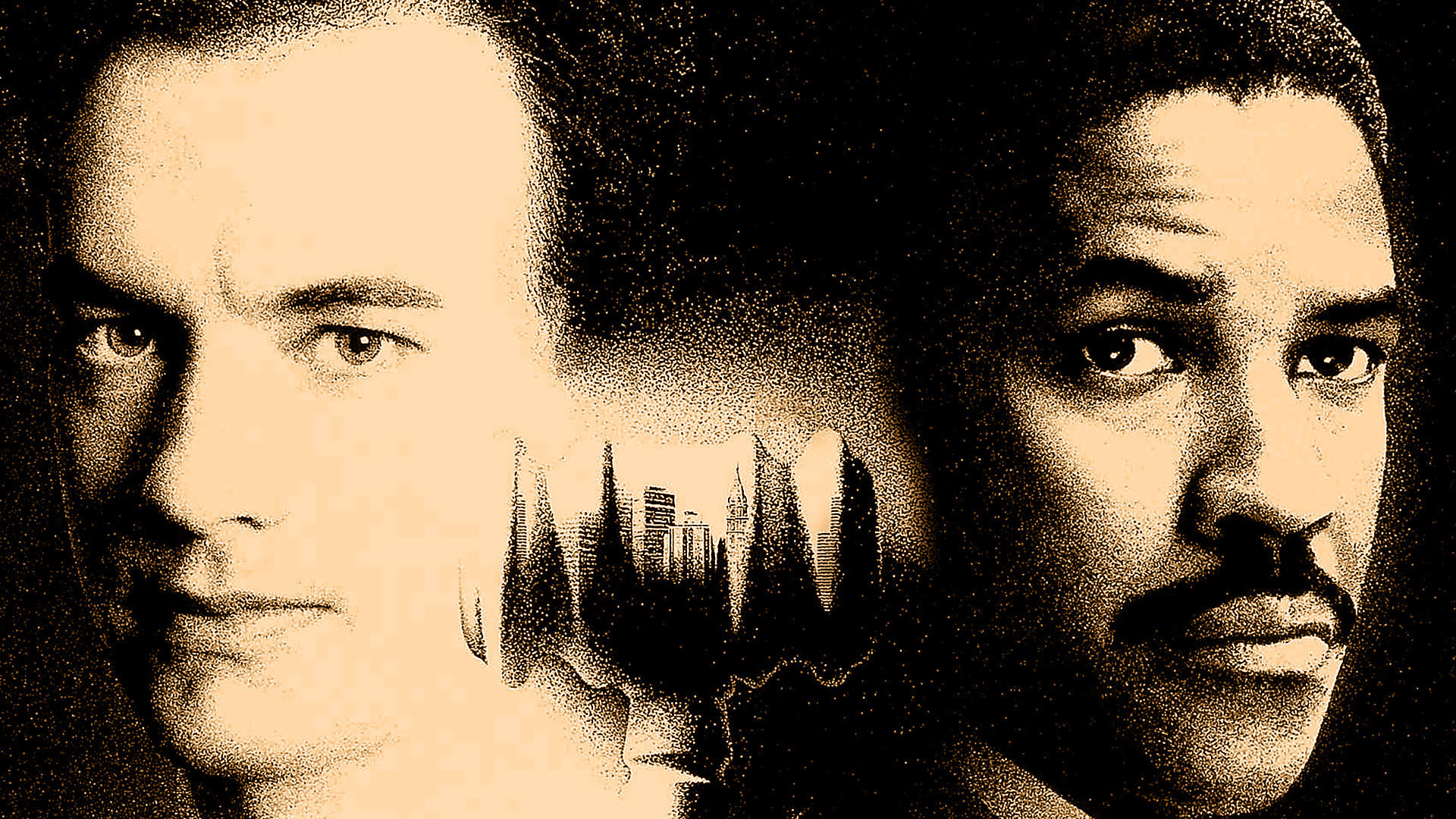By Gillian Hormel and Shelly Tygielski, Founders of Partners in Kind
In a world where content is ubiquitous, the entertainment industry holds a unique power to influence society. Films, television shows, podcasts, and theater productions not only entertain us but often challenge our perspectives, educate us on critical social issues, and inspire us toward action. Attend any conference in the entertainment space, and you will hear about how media has the power to shift culture. But, dig a little further into the conversation and dare to ask for the specific data or recent case studies to back it up, and very few meaningful responses will appear. Without measuring the social impact of any media projects, we risk losing the opportunity to understand, replicate, and amplify their success. More importantly, the absence of impact data makes it difficult to attract funding from foundations and the nonprofit sector that increasingly demand a direct correlation between storytelling and tangible outcomes.
Here are four key reasons why measuring social impact in entertainment is crucial.
Quantifying Cultural Shifts
Entertainment has long been a catalyst for cultural change, from films that challenge societal norms to documentaries that expose hidden truths. Yet, without concrete data, we cannot fully understand the extent of its contribution to shifting culture. Measuring the social impact of entertainment allows us to move beyond anecdotal evidence and public sentiment to a more nuanced analysis of how media can shape behavior and attitudes. For example, a documentary on climate change might spark a surge in sustainable lifestyle choices or inspire policymakers to introduce new environmental regulations. By tracking audience engagement, shifts in public discourse, and real-world actions taken post-viewing, we gain insights into the cultural ripple effects generated by a piece of content. This information is not only valuable for filmmakers and studios seeking to create content with purpose but also serves as a benchmark for future projects aiming to drive social change.
Enabling Replication and Amplification of Success
In the quest for meaningful social impact, replicating what works is key. When a media project successfully drives social change, having measurable data allows producers, investors, and nonprofits to identify which elements of the content were most effective. This understanding can then inform the development of similar projects that aspire to generate a similar impact.
Without concrete data, success stories remain isolated and challenging to replicate. A film that galvanizes a community to take action against a social injustice or a TV series that opens up a national conversation on mental health can serve as a blueprint for others—if and only if we understand what made it work. Did the emotional narrative drive the impact? Was it the call-to-action post-credits? Or was it the grassroots campaigns linked to the project? By measuring and analyzing these variables, the entertainment industry can create a playbook for amplifying social change through media.
Attracting Funding from Foundations and the Nonprofit Sector
As social impact entertainment evolves, attracting funding becomes increasingly competitive. Foundations and nonprofits, significant sources of funding for social change initiatives, are shifting toward data-driven decision-making. They need to see a direct correlation between the media they fund and measurable outcomes in the social impact area they are concerned with. Therefore, entertainment projects that can present data-backed evidence of their impact have a more substantial chance of securing financial support.
Foundations are often guided by their mission statements, which require them to invest in projects that demonstrably align with their objectives. Nonprofits, likewise, have to justify their expenditures to donors. Even singular, high-net-worth individuals have impact areas that are near and dear to them. An entertainment project that can quantify its impact—such as reduced stigma around mental health, increased voter registration, or heightened awareness of climate issues—provides the hard data these funders need to justify their investments. In essence, measuring social impact transforms content from being merely “impactful” in a subjective sense to being an evidence-backed social intervention worthy of strategic funding.
Driving Strategic Storytelling
Measuring social impact is not only about attracting funding or understanding cultural shifts; it also guides the storytelling process itself. When content creators have access to data showing how previous projects have influenced societal attitudes or behaviors, they can strategically craft narratives designed to drive specific outcomes. This approach elevates storytelling to a form of targeted social intervention, where the narrative arc, character development, and messaging are all aligned with achieving measurable impact goals.
For instance, if data indicates that stories featuring a relatable protagonist struggling with a social issue resonate deeply with audiences, content creators can use this information to shape future projects. Similarly, understanding the most effective calls-to-action embedded within films or shows can help creators optimize their content for maximum audience engagement. The result is a more deliberate form of storytelling that not only entertains but also has a tangible influence on society.
Turning Art into Action
The entertainment industry is uniquely positioned to drive social impact, but the full potential of this influence can only be realized through rigorous measurement. By quantifying cultural shifts, enabling the replication of successful projects, attracting data-driven funding, and guiding strategic storytelling, measuring social impact is not just beneficial—it’s essential. It provides the blueprint for leveraging media as a tool for social change and ensures that the narratives shaping our world can do so with purpose and measurable effectiveness. In a landscape where data increasingly drives decision-making, measuring social impact in entertainment is the key to unlocking new opportunities for funding, collaboration, and, most importantly, the kind of cultural transformation that resonates far beyond the screen. Without it, we miss the chance to understand, refine, and amplify the stories that truly matter. With it, we circumvent the conservative/risk-averse stakeholders of the industry and strengthen a new pathway for socially impactful projects to be made.


